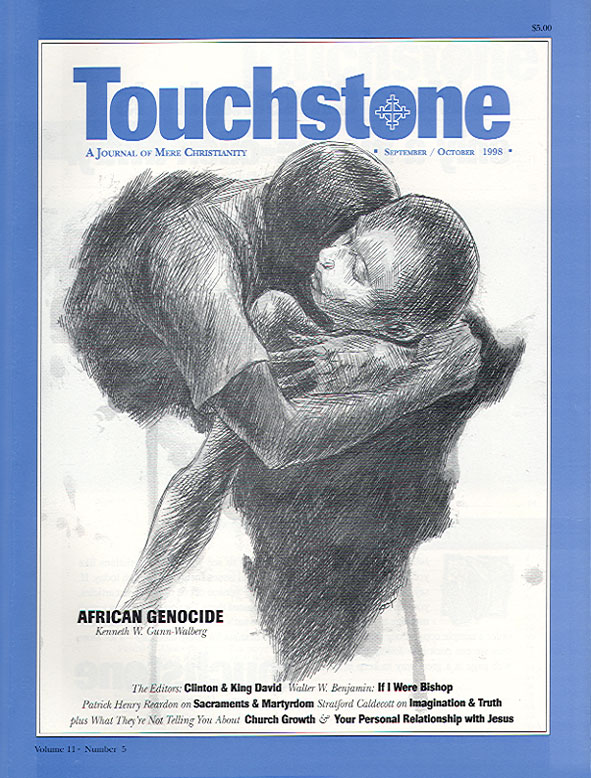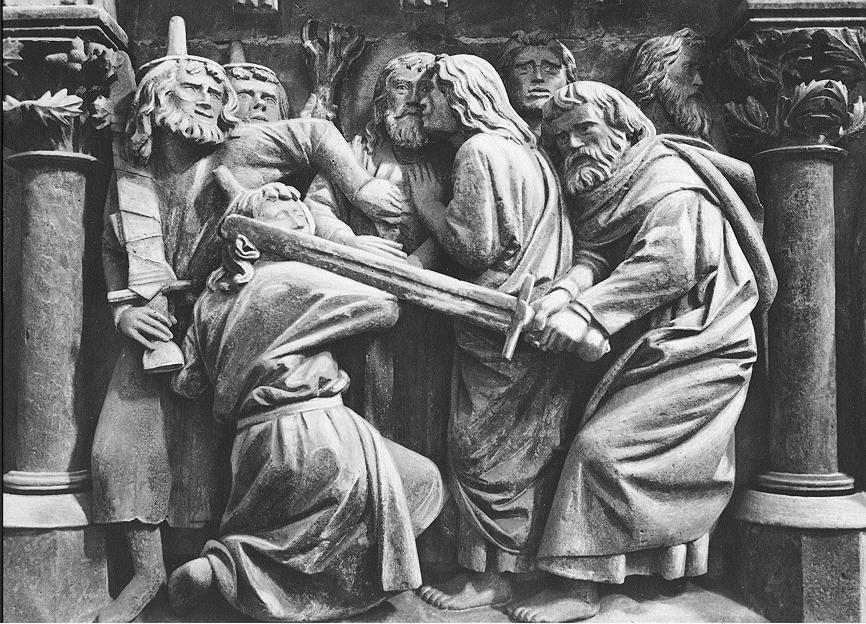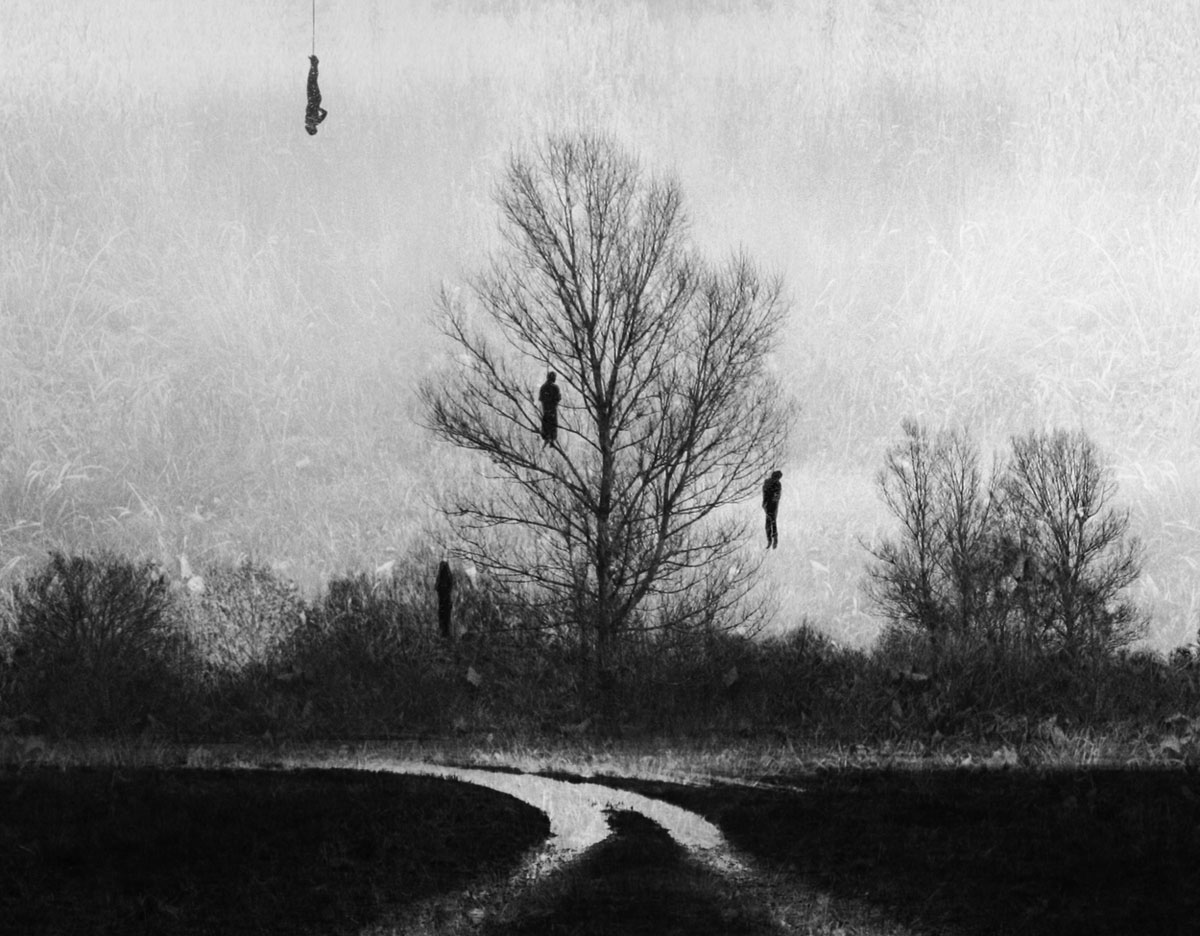Feature
Speaking the Truths Only the Imagination May Grasp
An Essay on Myth &“Real Life”
John Henry Newman once pointed out that it is very hard for anyone to believe something he cannot first imagine to be true. Today, many people growing up in an industrialized world cut off (physically and intellectually) from the natural environment cannot imagine the milk they drink coming from a cow, let alone how the supernatural claims of Christianity could possibly be true. It seems to bear no relation to the world they inhabit. They have no knowledge of it, nor even any knowledge from which they can draw analogies.
Their imagination (by which I mean that faculty by which they view the world and try to make sense of it) is shaped by technological rather than organic forms. They consequently have difficulty believing that everything in the world grows in order to manifest an inner, invisible unity and to believe that something, some being, created and maintains that unity. For children growing up in a modern city, the world is composed of physical objects jammed together by an external logic or more often by no apparent logic at all: noisy and random, forming no natural order but jostling and fighting for dominance, a unity based on power.
Life was not always so. A life lived close to the earth, to nature in all its forms—plants and animals, rocks and rivers—helps to create in a child the possibility of religious awakening. For those children estranged from nature, the early influence of good literature can have the same salutary effect. Traditional folk and fairy tales, heroic stories, and legends can help in preparing someone for what C. S. Lewis referred to as the “baptism” of the imagination; something that for him, albeit not for everyone, was an important preparatory step for receiving the gospel of Christ as Saving Truth.
In my own case, these things helped to wake a longing that could not be satisfied by the kind of knowledge offered by science alone. It was a longing that, once awakened, could not easily be lulled to sleep.
A Longing for Union
This longing has been experienced by men and women of all cultures and times. It is not merely the longing for an explanation of why the world exists at all, although that may come into it. It is a longing for union with something infinitely remote and yet infinitely beautiful; a longing for self-transformation, for the One who entirely transcends our present state. This is the longing that myths evoke, and the fulfillment of which they speak. As Lewis said in his sermon “The Weight of Glory,” God has given us such great wonders in nature that we should not want anything else, but
we want so much more—something the books on aesthetics take little notice of. But the poets and mythologies know all about it. We do not want merely to see beauty, though, God knows, even that is bounty enough. We want something else which can hardly be put into words—to be united with the beauty we see, to pass into it, to receive it into ourselves, to bathe in it, to become part of it. That is why we have peopled air and earth and water with gods and goddesses and nymphs and elves.1
Yet it would be a mistake to dismiss our myths merely as “wishful thinking” and nothing more. As J. R. R. Tolkien wrote, “legends and myths are largely made of ‘truth,’ and indeed present aspects of it that can only be received in this mode.”2 In the popular meaning of the word, of course, a myth is simply a story that is not true. I would say rather that a myth is a symbolic story intended to express truth, and a truth perhaps best apprehended and understood through story. Myth, wrote Lewis, “must be grasped with the imagination, not with the intellect.” If its characters
have some touch of mythical life, then no amount of “explanation” will quite catch up with their meaning. It is the sort of thing you cannot learn from definition: you must rather get to know it as you get to know a smell or taste, the “atmosphere” of a family or a country town, or the personality of an individual.3
But what is myth designed to express? It concerns not merely the world around us, but the world within us; not so much the surface appearance of the world, but its inner form. For a myth is a way of describing the rules by which the world is made, the rules that govern our lives; whether or not we know them or obey them. In a phrase from The Lion, the Witch and the Wardrobe, they reveal “the deep magic from before the dawn of time.”
subscription options
Order
Print/Online Subscription

Get six issues (one year) of Touchstone PLUS full online access including pdf downloads for only $39.95. That's only $3.34 per month!
Order
Online Only
Subscription

Get a one-year full-access subscription to the Touchstone online archives for only $19.95. That's only $1.66 per month!
bulk subscriptions
Order Touchstone subscriptions in bulk and save $10 per sub! Each subscription includes 6 issues of Touchstone plus full online access to touchstonemag.com—including archives, videos, and pdf downloads of recent issues for only $29.95 each! Great for churches or study groups.
Transactions will be processed on a secure server.
more on imagination from the online archives

11.5—September/October 1998
Speaking the Truths Only the Imagination May Grasp
An Essay on Myth & 'Real Life' by Stratford Caldecott
more from the online archives

15.6—July/August 2002
Things Hidden Since the Beginning of the World
The Shape of Divine Providence & Human History by James Hitchcock
calling all readers
Please Donate
"There are magazines worth reading but few worth saving . . . Touchstone is just such a magazine."
—Alice von Hildebrand
"Here we do not concede one square millimeter of territory to falsehood, folly, contemporary sentimentality, or fashion. We speak the truth, and let God be our judge. . . . Touchstone is the one committedly Christian conservative journal."
—Anthony Esolen, Touchstone senior editor










